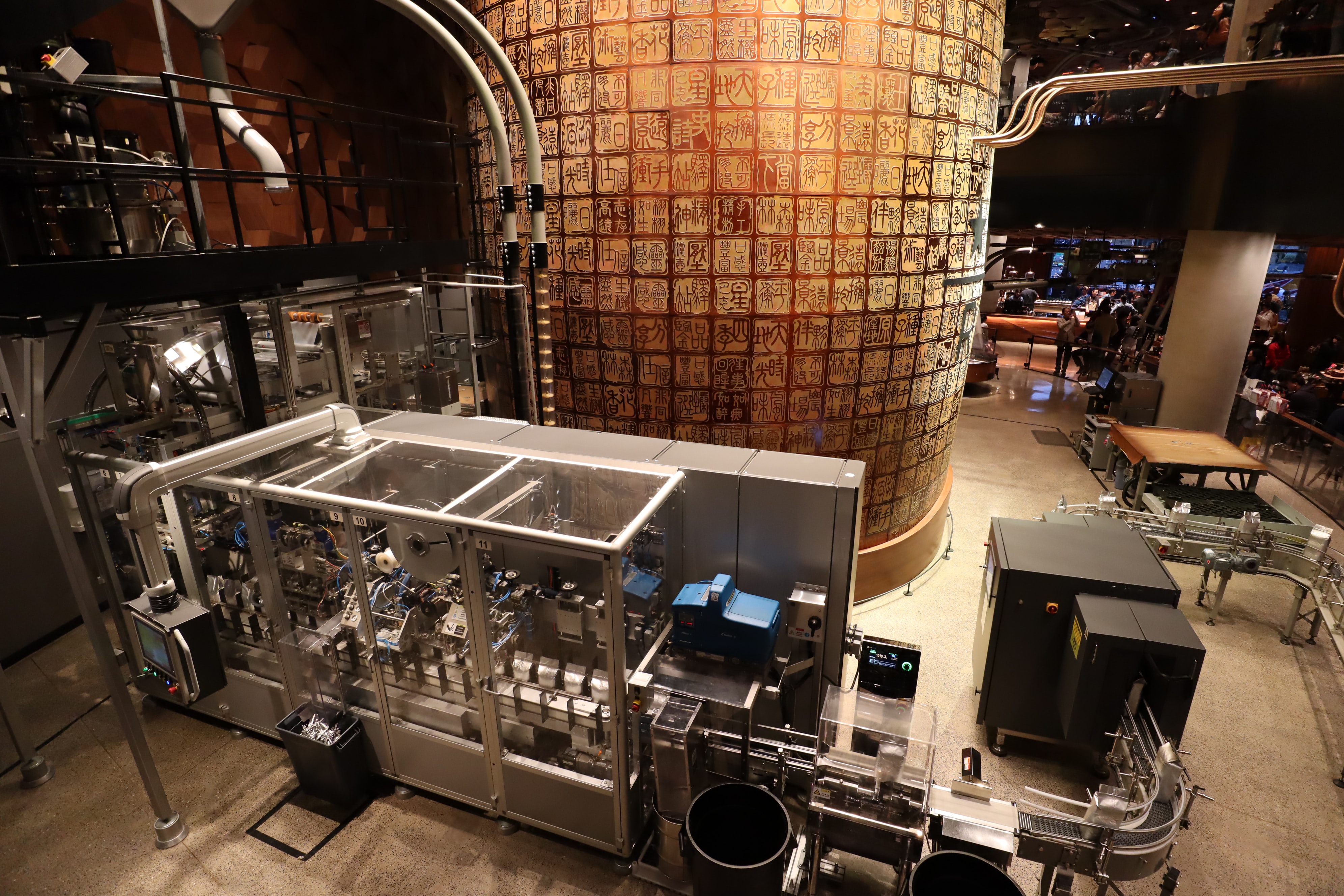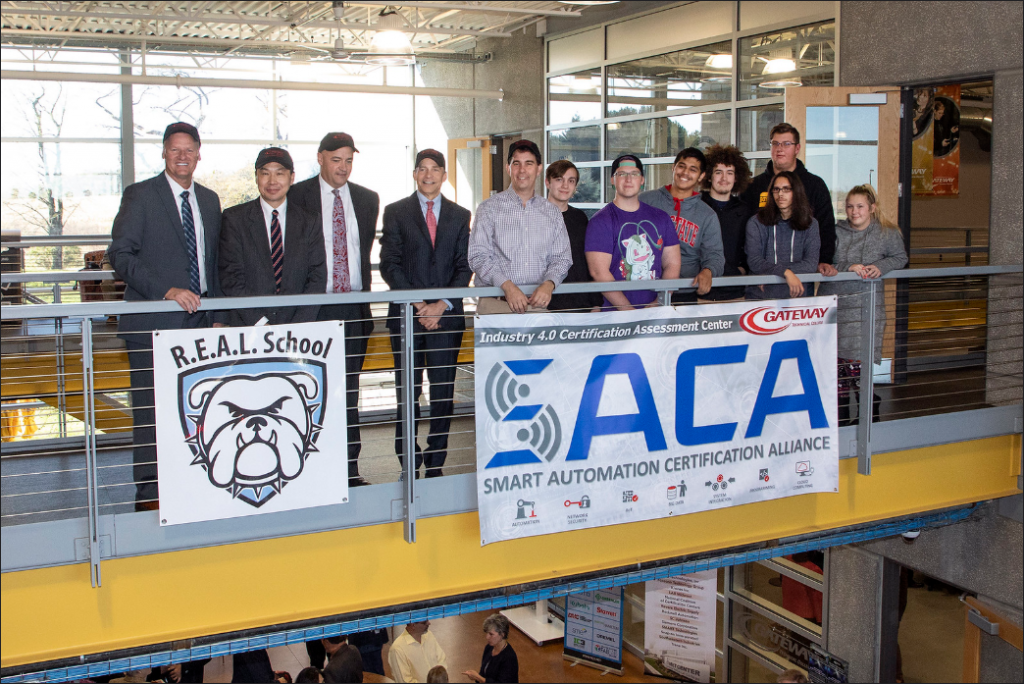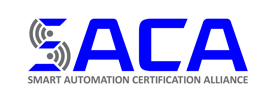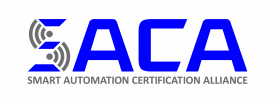Identifying specialists within the Industrial Internet of Things (IIoT).
Supply chain issues persist within the global manufacturing industry. Although nimble companies have found ways to navigate the issues brought about by COVID19, experts still anticipate concerns continuing through 2022, caused by the lingering effects of the pandemic and other global events.

One of the most pervasive issues stems from the reality that domestic manufacturing relies heavily on components made in other countries. While efforts are being made to mend this, in particular attempts to re-instate the component manufacturing industry in the US, it’s clear that this industry will reemerge in a different way with a focus on mechanization and automation.
The foundation of a long term strategy to mitigate these problems in the future will involve leveraging the Industrial Internet of Things (IIoT), which presents a groundbreaking opportunity for data capture at each step of a manufacturing process.
This extensive study by Inmarsat indicates that many manufacturing companies are either already using or anticipate using IIoT to enhance their productivity. A smart factory can track all elements of the production chain and communicate information and even anticipations within the network.

In addition to valuably capturing data, a smart-automation chain can perform pre-emptive actions based on the needs of the incoming workload; for example submitting a work-order for components required on the production line, utilizing a company’s secure industrial WLAN.
Unlike residential (or office) WiFi, an industrial system transfers small amounts of data, and as such requires a small amount of power but must remain uninterrupted. Knowledge of the specificities of these systems is essential to optimize an efficient order-to-customer pipeline.
Because of innovations like re-programmable robots and even rent-a-bot companies emerging, there is much less danger of expensive built-in obsolescence and more opportunity for network, automation and programming specialists within manufacturing companies.

Companies searching for highly-skilled workers to ease their supply chain disruptions want to make sure that potential employees actually have the skills to excel without significant additional training. That’s why industry-standard certifications are important for supply chain workers. They provide employers with evidence that a worker has the knowledge and hands-on skills to work with today’s advanced technologies.
Industrytoday.com states that ‘new developments in automation are allowing small manufacturers to meet demand while helping with American competitiveness’. Today’s workers need more advanced technical and technological skills than ever before. Unfortunately, there aren’t enough workers with these skills to fill the many roles available today, creating what is known throughout industry as the “skills gap.” Modern businesses must ensure that their workers have up-to-date, relevant accredited skills. How can companies be sure that their employees are at the correct skill-level?
The Smart Automation Certification Alliance (SACA) focuses on connected-systems skills and leads the effort to certify students and workers who demonstrate the required knowledge and hands-on smart automation skills employers so desperately need. SACA professional development opportunities provide extensive training courses to equip teachers to promote Industry 4.0 certifications. These professional development opportunities are offered throughout the year at regional centers. Courses last 3-5 days each. Upon successful completion of each course, teachers will be certified in the process of examining students for a given credential and administrating a certification preparation course.
To learn more about Industry 4.0 certifications and how SACA can help both educational institutions and industry employers begin the task of bridging the Industry 4.0 skills gap, contact SACA for more information.
Header Photo by Denny Müller on Unsplash
- Published in News
SACA Announces Special Membership Rates Due to COVID-19
In an effort to ease some of the burden on school administrators and provide students an opportunity for valuable certifications, the Smart Automation Certification Alliance – a non-profit organization better known as SACA – is offering a special membership price for high schools and colleges to develop and deploy modular Industry 4.0 certifications for a wide range of industries.
From now until Dec. 31, 2020, SACA membership will be available for a special rate to help educational institutes during these difficult times.
- Colleges: A year-long membership for colleges will run $1,750, down from its normal $2,500/year price.
- High Schools: Year-long high school memberships will cost $375, down from its typical $500 annual cost.
Schools will have the option of buying up to three years of membership at this price. Memberships run for 12 months from the time of payment, and this special pricing will not be available in 2021.
Education Member Benefits include:
- Unlimited, free certifications to individuals enrolled as students of the member institution;
- Access to all SACA assessment materials;
- Discounted instructor/administrator training;
- Access to news of latest developments in Industry 4.0 technology, education, and certification;
- Authorization to advertise as a SACA Certification Site;
- Eligible to be profiled by SACA in its communications and advertising;
- Discounted registration fees for SACA Conferences; and
- Eligible to be a member of SACA Education Advisory Panel.
All SACA certifications, which can be attained both in-person and virtually, are available on two levels: Silver and Gold.
SACA Silver Certifications: This certification, which is ideal for distance learning, is awarded to candidates who successfully pass the written knowledge exam. These exams are delivered online through the SACA testing portal. Once the candidate is ready to take the certification test, the proctor logs into the SACA site and clicks the online proctor button. The candidate will then remotely access the certification test.
Silver Certification is ideal for those individuals who are seeking to validate online core achievement or when hands-on testing is not available.
SACA Gold Certifications: This certification is awarded to candidates that successfully pass the written knowledge exam and successfully complete the hands-on performance assessments on approved equipment. Once the skills are demonstrated correctly and reported by the proctor, the candidate is eligible to receive the full Gold certification.
Who Is SACA?
SACA’s vision is to provide highly affordable, accessible certifications that significantly increase the number of individuals who possess the skills represented by these credentials, thereby ensuring that companies have the highly skilled workers they need, and individuals are prepared to be successful in an Industry 4.0 world.
Why Choose SACA?
For schools that choose to become a member of SACA, certification opportunities will be aplenty for students. Not only are SACA certifications industry-driven, and developed for industry by industry, but they are also developed through a rigorous process that begins with the creation of truly international skill standards, endorsed by leading experts in Industry 4.0 technologies throughout the world. Certification examinations are created based on these standards, pilot-tested, and statistically analyzed to ensure quality, and are reviewed annually to ensure standards and examinations remain current and relevant in the fast-changing world of Industry 4.0.

For more information on how to take advantage of SACA’s special membership pricing, please contact us here.
- Published in News




